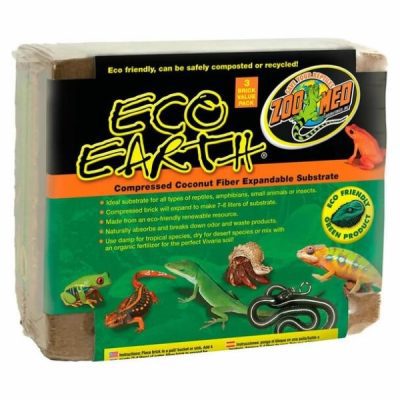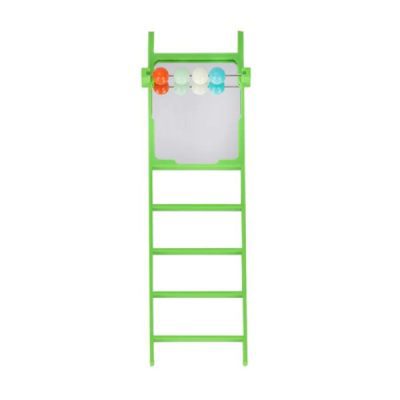Bird Caring Sheet For Beginners
Food & Water
A good quality cockatiel mixture should be available from your pet shop. Check the seed dishes daily and remove any empty husks and refill as necessary.
Millet sprays can be given as a treat as can honeybells and seed bars. Fresh thoroughly washed green-food may be given, such as chickweed and dandelion, but be very careful not to overfeed.
Your birds will also require a good supply of mineralised or oyster shell grit, which helps to digest their food. Cuttlefish bones should be supplied too as it is a source of calcium and helps to keep the beak worn down and maintain strong bones.
Bird-specific vitamin supplements are available and may be added to the drinking water or mixed with fruit or vegetables.
Fresh water should always be available.
Shopping List
- Cage and cage stand
- Bath
- Cage cover
- Toys
- Water Pot
- Sand/sand sheets and grit
- Seed Pot
- Cuttlefish
- Perches
- Mineral block
- Seed guard
- Pet safe disinfectant
- Food
- A good book covering the species
General Care
- Feathers: You can use a suitable fine mist spray together with a special solution to spray on, your pet shop can advise you on suitable products. Some cockatiels do enjoy a bath, but not all of them.
- Colds: The bird will be listless, with feathers fluffed up and wheezing if it catches a cold. Keep him warm, do not bath and consult with your vet immediately.
- Wet droppings: This can be caused by an excess of green, mouldy or contaminated food, a change in diet, a lack of fresh water or an underlying illness. Keep him warm, make sure he has plenty of fresh water and consult your vet.
- Mites: This is a parasite that feeds on birds’ blood causing itching, weight loss, and feather loss. Mites are easy to destroy with a suitable spray and your pet shop or vet will advise.
- Beaks and nails: An iodine block can help keep your birds’ beaks trim. If you suspect your cockatiels’ nails and beaks are too long seek expert advice.
- Feather plucking: This can be due to a poor diet, lack of exercise or stimulation. Spend time with your cockatiels and provide them with toys for exercise and entertainment. If the condition persists consult your vet. If you are worried about the health of your cockatiels consult with your vet.
It is recommended to seek a vet that has experience with birds.
Housing
A single caged bird will require a lot of attention and stimulus if it is not to become bored and frustrated (a common cause of feather plucking). If the bird is to be left on its own for long periods it is better to give it a companion. In an aviary, cockatiels will mix with canaries, budgies, and some small parrots, but not with the larger parrots.
For indoor cockatiels, a roomy cage is advisable and should be large enough for your birds to stretch their wings and fly from perch to perch. Cockatiels are climbing birds so it is preferable to choose a cage with horizontal bars. Avoid putting the cage in draughts, direct sunlight or in damp/humid conditions. Only cover the cage at night if the room temperature is likely to fall.
The cage should be furnished with perches of different thickness so the cockatiels can exercise their feet. Do not place perches directly above food and water pots. Put a few toys in the cage but do not overcrowd it. Try buying a selection of toys and rotating them to avoid boredom.
Sand sheets or cage bird sand should be placed in the bottom of the cage and replaced regularly. The cage and furnishings should be thoroughly cleaned and disinfected with a pet safe disinfectant weekly, although droppings should be removed daily. A removable tray will make cleaning easier.
Outside aviaries must have a sheltered section to provide protection from wind, rain and strong sunlight. This is where you should position the roosting site (the highest perch or nest box) and the food containers. Aviaries should also have a paved floor with a sunken wire mesh to prevent vermin and a double-door entry system for added safety.








